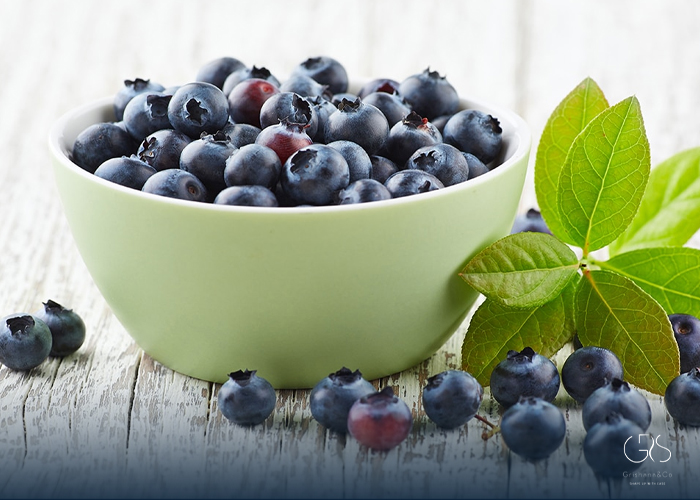Polyphenol benefits, a diverse group of natural compounds present in a variety of plant-based foods and beverages, have garnered significant attention in the scientific community for their potential health advantages, notably their antioxidant properties. Research on polyphenol benefits has indicated their ability to play a crucial role in preventing diseases and promoting overall well-being. This article will explore the various aspects of polyphenol benefits, their sources, and provide a comprehensive understanding of their significance.
Polyphenol Benefits in Promoting Health
1. Antioxidant Properties: One of the primary reasons polyphenols have gained popularity is their potent antioxidant properties. Antioxidants help combat oxidative stress and neutralize free radicals in the body, which are linked to various chronic and degenerative diseases. Polyphenols serve as a powerful defense mechanism against cellular damage and aging processes.
2. Anti-Inflammatory Effects: Polyphenols also exhibit anti-inflammatory effects, helping to reduce inflammation in the body. Chronic inflammation is associated with a myriad of health issues, including heart disease, arthritis, and autoimmune disorders. The anti-inflammatory properties of polyphenols contribute to maintaining overall health and well-being.
3. Heart Health: Studies have suggested a positive correlation between polyphenol consumption and improved heart health. Polyphenols found in foods like red wine, tea, and berries may help lower the risk of cardiovascular diseases, such as heart attacks and strokes. The protective effects of polyphenols on heart health make them a valuable component of a heart-healthy diet.

4. Potential Anti-Cancer Effects: Research indicates that certain polyphenols may possess anti-cancer properties, potentially inhibiting the growth and spread of cancer cells. While more studies are needed to establish conclusive evidence, the anti-cancer effects of polyphenols present an exciting area of research in the field of oncology.

Sources of Polyphenols
Polyphenols are abundantly present in various foods and beverages, making it easy to incorporate them into your diet. Some common sources of polyphenols include:
- Fruits: Blueberries, cherries, strawberries, and apples
- Vegetables: Spinach, kale, broccoli, and onions
- Beverages: Green tea, black tea, red wine
- Other Sources: Dark chocolate, nuts, and olives
Including a diverse range of polyphenol-rich foods in your diet can help reap the numerous health benefits associated with these powerful compounds.
If you want to learn more about Apple, I recommend reading this informative article.
Diverse Perspectives on Polyphenols
While the potential health benefits of polyphenols are well-documented, it is essential to consider diverse perspectives on this subject. Some studies have presented conflicting results regarding the efficacy of polyphenols in preventing diseases and improving overall health. Additionally, individual responses to polyphenols may vary based on factors such as genetics, lifestyle, and overall diet. Therefore, a nuanced approach to understanding the impact of polyphenols on human health is necessary.
Conclusion
Polyphenols represent a valuable group of compounds with significant potential for promoting health and preventing diseases. Their antioxidant, anti-inflammatory, and possibly anti-cancer properties make them a key component of a balanced and nutritious diet. While ongoing research continues to uncover the benefits of polyphenols, incorporating a variety of polyphenol-rich foods into your daily meals can be beneficial for your overall well-being.
Sources
- PubMed.gov, Plant polyphenols as dietary antioxidants in human health and disease
- Harvard T.H. Chan School of Public Health, Mediterranean diet high in polyphenols linked with slower biological aging










